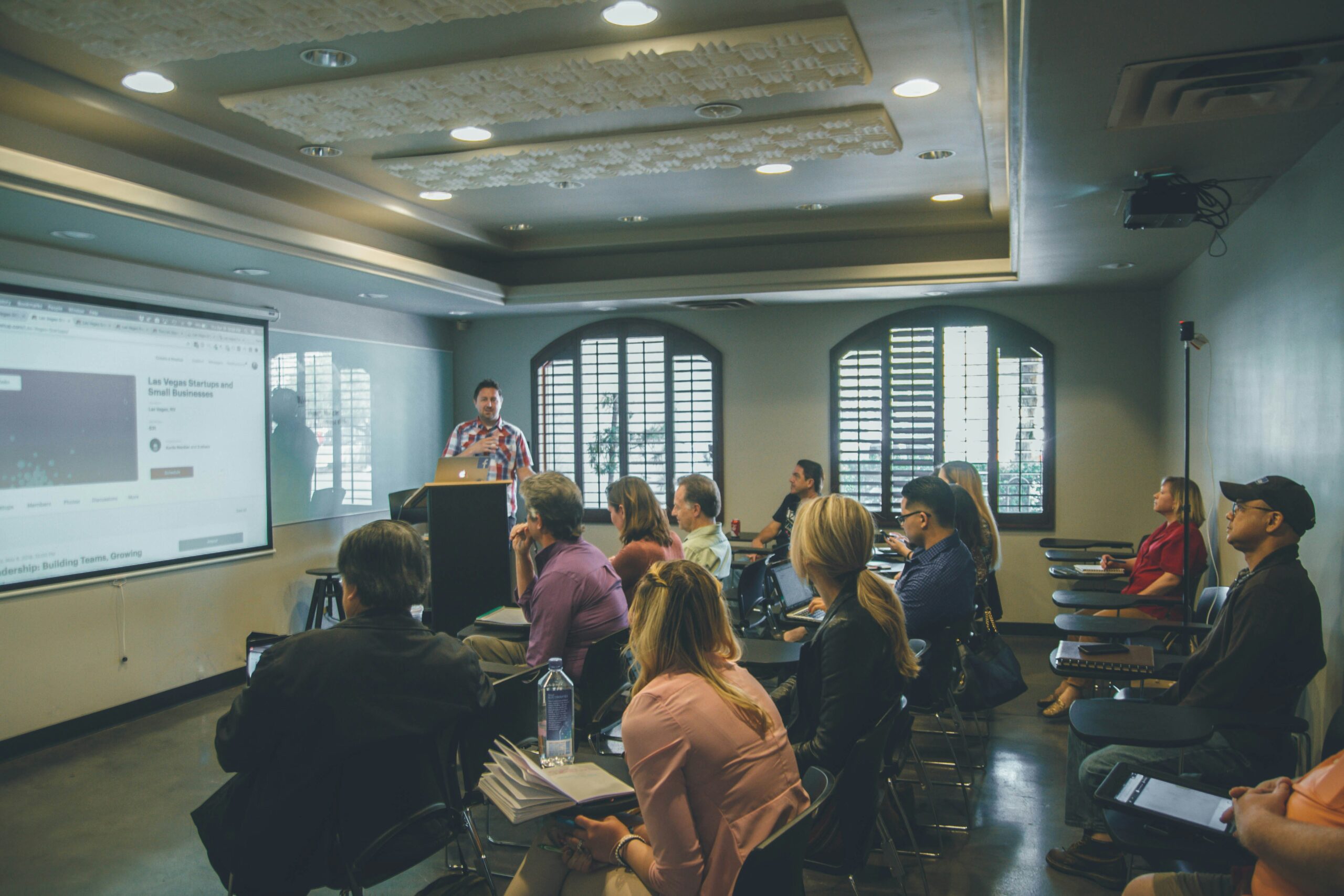The development of Adult Education in Nigeria is relatively recent. The practice of modern adult education was a European brainchild. In 1929, the International Conference on Adult Education began.
This was when Albert Mansbridge sought to generate interest in the works of Adult Education through the first World Conference on Adult Education at Cambridge. Considerable support was given to him by UNESCO.

Introduction
In 1938, the first Ph.D. thesis in Adult Education was produced by Wilbur C. Halenbeck. This academic work gave the discipline of Adult Education a very big prestige and enhanced its status in the academic world (Hallenbeck-1938).
In 1941, the first committee was set up to examine the new effort in Adult Education. The committee eventually returned with a document.
Focus 1
“Mass Education in African Society”. Later, a mass education committee was established to oversee the mass education work for the adult population.
The British who colonised Nigeria remained indifferent to the study and practice of adult education as an academic discipline.
Focus 2
However, after the outbreak of World War II, a change of attitude about Adult Education came to the colonial government, and it was then that they introduced the Colonial Development and Welfare Act in 1940.
This development was a result of the consciousness that the training of adults could be helpful and essential to national mobility.
In 1949, UNESCO hosted the first World Adult Education Conference at Elsinore, and the conference’s emphasis was on the practice of Adult Education and not its study as an evolving branch of knowledge.e
The Genesis of Adult Education in West Africa
In West Africa, Adult Education as a discipline started as extramural programme in 1948. The earlier organisers assembled the tutor who was to execute the programme. The tutors, according to Omolew (1988), began to ask questions about the academic status of the subject.t
They eventually bolted away from the practice when they got no satisfactory answers from the originators. Some of the appointed staff were transferred to their original discipline areas, such as social science and psychology. However, extramural classes continued.
The University of Ibadan and Adult Education
In the year 1965, Mr Ayo Ogunseye cast away the die and under his headship as the Director of Extra Mural Study, there was a breakthrough when he introduced a course titled Adult Education and Community Development at the University of Ibadan, Nigeria.
The course was introduced in response to the demands of various governments in Nigeria for the development of skills in communicating with people at the grassroots level to generate awareness and effect change (Omolew and Kumar, 1988).
Focus 1
After much preparation as regards the curriculum and the staff, the University of Ibadan advertised thecoursese and students were recruited and admittedd and the course became operational.
It enhanced a very successful student with the award of a Diploma in Adult Education and Community Development.
Focus 2
These steps and movements began the great revolution in the under. Standing and studying Adult Education in Nigeria. For more recognition, sooner or later, the Director of the programme was appointed a Professor of the Department.
This was actually outside his special discipline, which is Economics. This was how the first battle of status and recognition was successfully launched and won.
Further Struggles and Development
Professor S.H.O. Tomori succeeded Professor Ayo Ogunseye in the Department of Extra Mural Studies.Itt was he who introduced the Bachelor of Education degree (B.Ed.) course in Adult Education.
Focus 1
This became the first of it in West Africa and all of Africa. A lot of innovations have increased. Tomori raised a team of knowledgeable lecturers in the field to prepare the Bachelor of Education degree course curriculum in Adult Education for consideration and approval by the University Senate against the start of the programme by the 1971/72 session.
Happily enough, the curriculum received the blessings of the University Senate as it was immediately approved. His next step was to seek the approval of the Development Committee for his staff establishment and welfare.
Focus 2
Thiss too, became successful eventually. Tomori amalgamated and integrated different areas of learning in the adult education curriculumm such as; Philosophy, Economics, History, Sociology and Psychology.
All the items of Tomori’s proposal were approved by the University of Ibada, which marked the beginning of the thawardingds of Bachelor’s degrees in Adult Education and Community Development.
What followed was the recruitment of post-graduate staff for the enhancement of further respectability in the University system (Omolewa,1975).
Perceptions of Adult Education
Throughout Nigeria, West Africa and Africa, the course, Adult Education,h as now gained popularity. In Nigeria, Africa and the World, various labels have been employed by various institutions for the discipline.
Such labels include:
- Fundamental Education;
- Community Education;
- Basic Education;
- Workers Education;
- Liberal Education;
- Correspondence Education and
- Literacy Education.
Focus 1
There are other labels employed elsewhere in the world. In Nigeria, particularly, many Universities have adopted the course as a discipline, though under various labels. The following are examples:
The University of Ibadan changed its name from the Department of Extra Mural Studies to the Department of Adult Education.
The University of Nigeria, Nsukka (UNN) and the University of Benin (UNIBEN) have selected the title Department of Adult Education and Extra Mural Studies.
Focus 2
The University of Lagos (UNILAG) and Obafemi Awolowo University (OAU) cherish the title The Department of Continuing Education. The University of Sokoto and Ahmadu Bello University, Zar,ia stick to the title – Adult Education and Extension Services.
What is in a name? Under whatever label or nomenclature. Adult Education’s history is complete in Nigeria, West Africa and Africa. The course has been serving the governments, various Nigerian communities and organisations.
Better life programmes and Family Support are directly or indirectly traceable to Adult Education Courses
Adult Education Teacher and Curriculum Design
Teachers of adult education must be good curriculum designers and executors. Such teachers must be selective in the areas of text materials. This is very important because they must relate to the learner’s age, experience, business and general interest.
For example, simple calculations on the four arithmetical rules – addition, subtraction, multiplication and division may be suitable for adult learners who are just beginners.
Teachers will frighten them away if they begin to introduce some complex areas of mathematical knowledge, theoretical philosophy or cumbersome lessons on science.
The Subject Matter in Adult Education Curriculum
Teachers of adult learners should remember to incorporate subject matters such as the following in the Adult Learners scheme of work.
Local Occupations – a subject matter about students’ various occupations andbusinessesn,s including farming, craftsmanship, trading, buying and selling, should be incorporated.
Focus 1
Adults’ Roles in the Community:- Issues relating to their roles in the community must be incorporated. Such roles may be political, religious and ssociaRoless – There must be lessons or schemes on leadership, followership, commitment and the like.
Community Health Issues:- Community health issues, more especially those that cne rn ,a,dults should be a necessary issue to be integrated into the Adult Education curriculum.
First List
Examples are:
- Diseases common among adults
- Effective drugs to cope with them
- First aid treatments
- Prevention
- Maintaining aining healthy environment
- Issues relating to family roles of Adults, e.g
- Roles of the father
- Roles of the mother
- Roles of the children
- Hospitality to visitors
- Keeping the home neat and cheerful
Second List
Current Affairs issues could interest and motivate adult learners. Such current affairs could be:
- political affairs
- social affairs
- religious affairs
- rural development
- family support programme and village square communications.
Issues relating to information Gathering – This would be on various subject matters around them. Such information gathering should be a great concern for the teachers of adult learners.
Third List
Such information gathering could come from:
- the radio
- the television
- conferences
- newspapers
- reports of programmes and the like.
Issues relating to stories that adults admonish and those that they would like to listen to: Examples are:
- Rends in the National Political Affairs
- Past World Wars
- The past Civil War events
- The Lifestyle in Ages Past
Conclusion
Adult programmes should be handled by very qualified and mature teachers who themselves relate very well to the adult needs, thinking and psychology. We must remember the words of Linderman that the Adult Education curriculum is built around students’ needs and interests. Read more related posts on our education page of the site.










